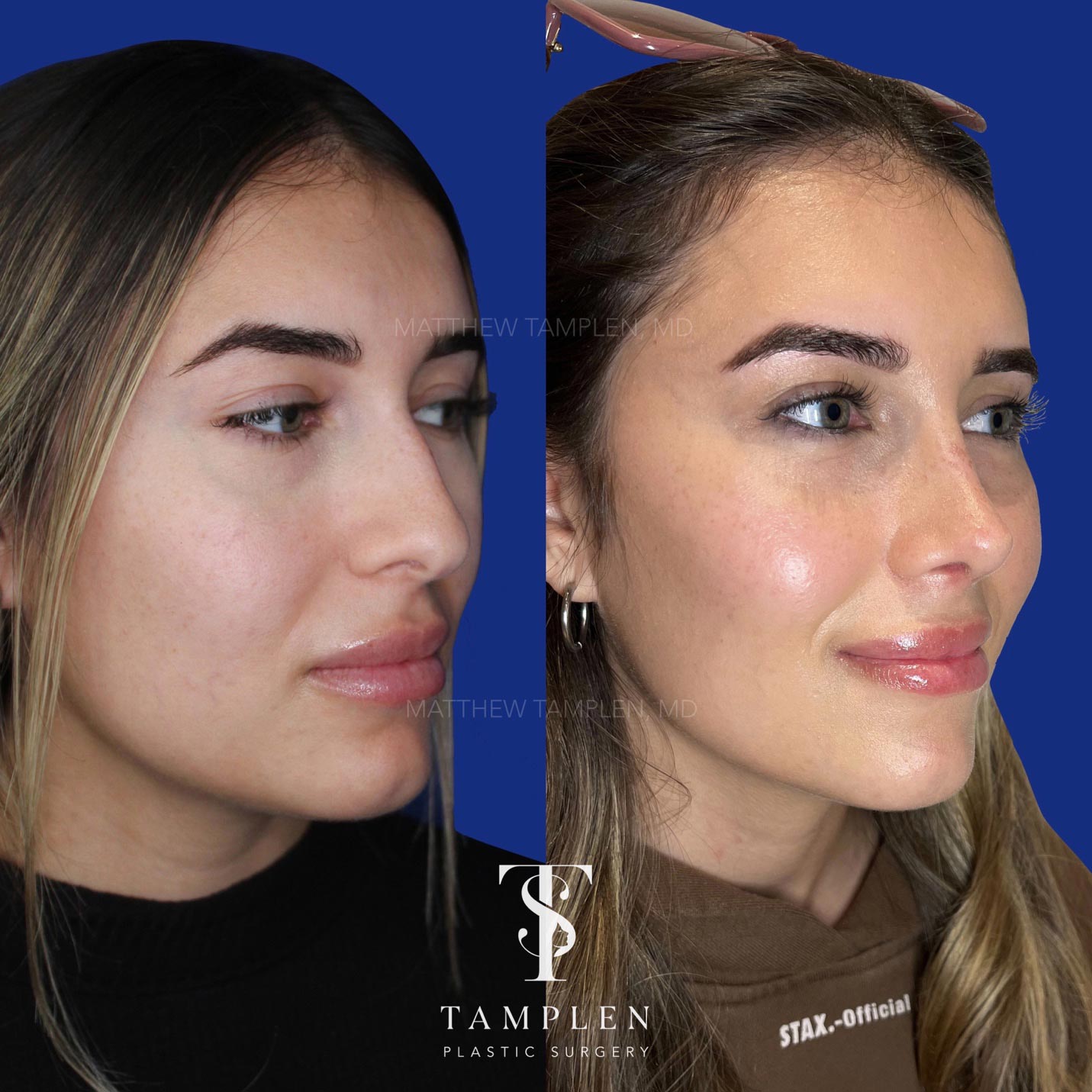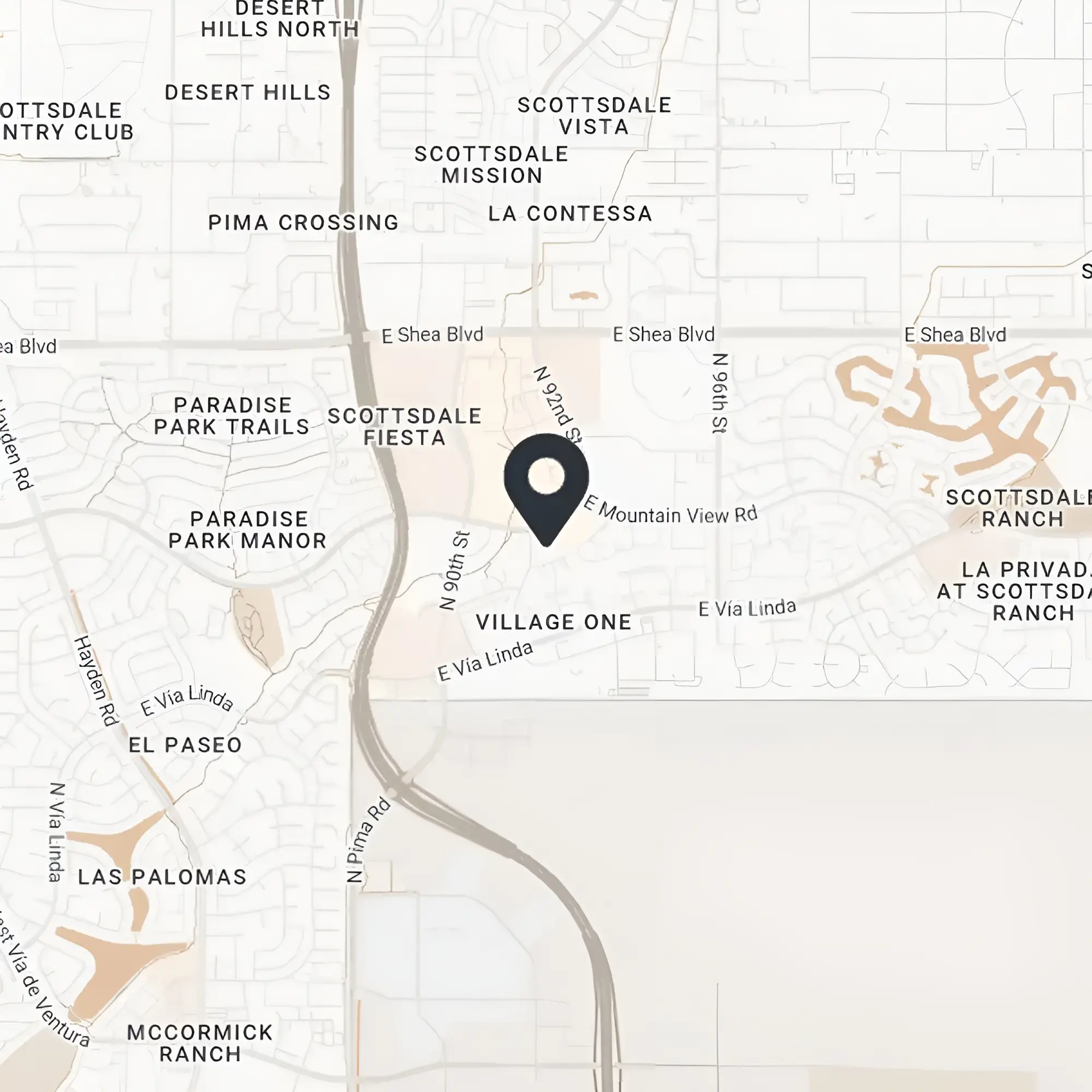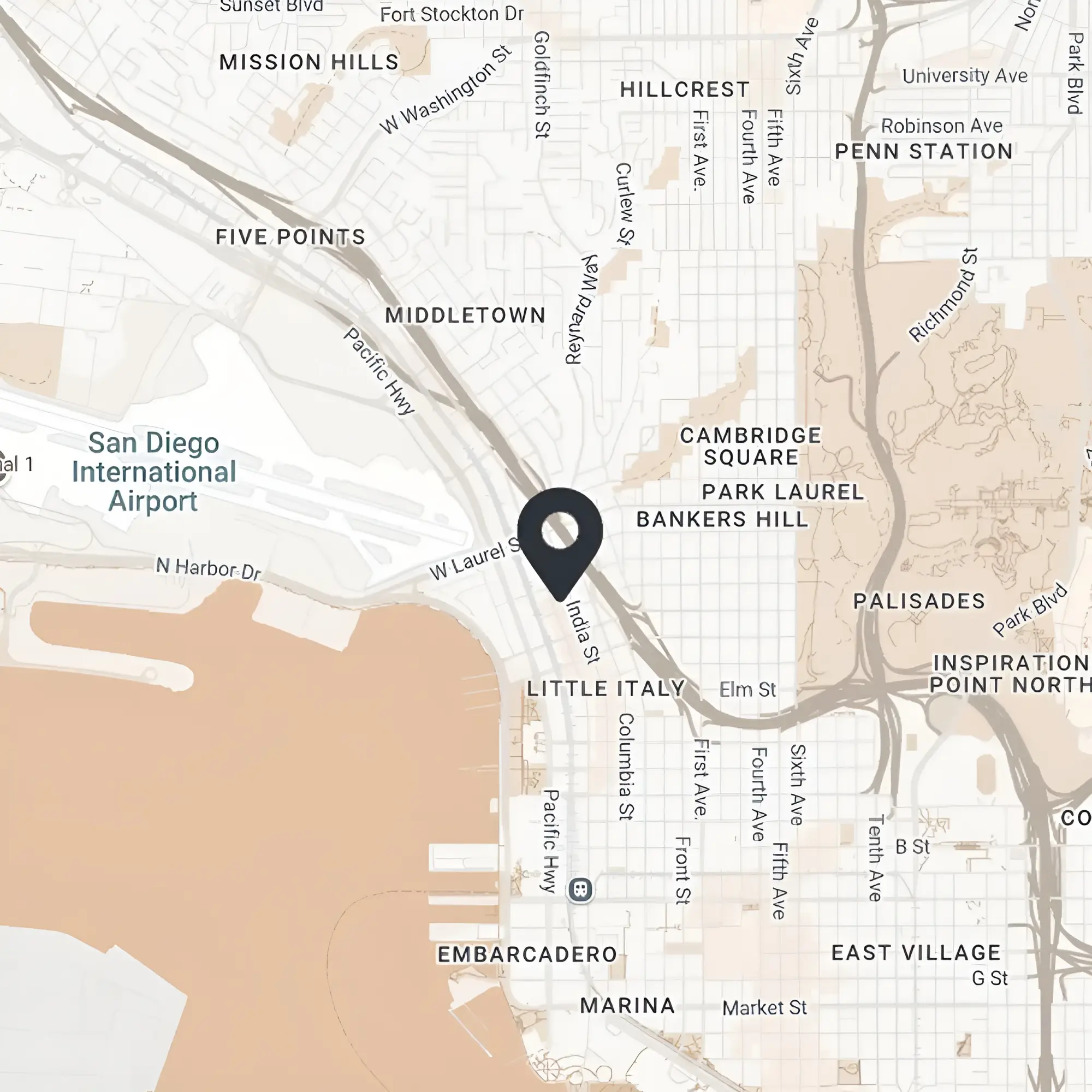As a Double Board-Certified Facial Plastic Surgeon, Rhinoplasty is the most common surgery I perform. I also specialize in revision rhinoplasty. These challenging cases are incredibly rewarding but are also educational as they help me see what techniques and decisions by other surgeons and patients led to an undesirable outcome. As a patient considering rhinoplasty, there are many things to consider. To help with your decision-making process, I am going to do my best to summarize below the best Do’s and Don’ts for patients undergoing Rhinoplasty or Revision Rhinoplasty.
Do’s
Do pick the right surgeon. Board certification is frequently mentioned as an important qualification, and it is, but it should be the bare minimum. Rhinoplasty is a challenging operation that requires extensive experience because every single nose is different. I would recommend a surgeon who performs a high volume of rhinoplasty cases, at least 3-6 per week. Surgeons who perform rhinoplasty regularly will be more experienced with the challenges that may come up during your case and will be able to provide more consistent results.
Do ask questions during your consultation. All surgeons should be willing to answer questions on volume of procedures they perform and show you hundreds of before and after photos from real rhinoplasty patients.
It is also important to make sure reviews and recommendations from friends or family are for rhinoplasty specifically. A frequent complaint I hear from revision patients who regret their initial decision for a surgeon is that they were recommended to that surgeon by a friend or family member who had different procedure done by them. Rhinoplasty is a much different surgery than breast and body surgery and the skills and experience required for an excellent rhinoplasty outcome are not the same.
Do discuss nasal breathing with your surgeon and go over any history of allergies, snoring, sleep apnea, or sinus disease. Rhinoplasty is unique in the sense that form and functional are equally important. The nose must look beautiful and breathe well for an ideal outcome. Some surgeons do not routinely address the septum, sinuses or turbinates during a rhinoplasty and mild preoperative nasal obstruction can become more severe after surgery. I see this commonly. This why I address all aspects of nasal breathing during every rhinoplasty I perform. Making sure your surgeon is trained to do the same is incredibly important.
Do keep your head elevated as much as possible after surgery — this means sleeping with 2 -3 pillows every night for at least 3 weeks. The elevation of your head will help reduce swelling and speed up recovery.
Do take prescribed pain medication, if necessary, but try to switch from pain meds to Tylenol or ibuprofen as soon as possible. Pain medication can lead to a lot of nausea and constipation during the recovery process.
Do attend all postoperative appointments. It is crucial that you see your surgeon frequently after surgery for a thorough examination. This can prevent any long-term complications and ensures the best outcome possible
Do follow your surgeon’s pre- and post-operative instructions. Take it. Read it. Live it. These instructions are essentially your roadmap to a successful recovery — and there are no shortcuts.
Get plenty of rest
Use ice packs or cold compresses to reduce swelling
Keep the inside of your nose moist and clean with saline spray
Stop taking aspirin or advil 1 week prior to your surgery.

Don’ts:
Don’t be afraid to ask questions during the consultation. Make sure you are comfortable with your surgeon and that you communicate well with each other. This is a big decision, and all my patients are my patients for life once we decide together on a rhinoplasty surgery. If you are having difficulty communicating with your surgeon before surgery, this might continue after surgery, and it is important to be able to get ahold of your doctor quickly during the recovery process in case issues come up. I would rather hear form my patient too much than too little.
Don’t rely heavily on simulation photos. The software is just a version of photoshop and can be useful and a communication tool, but it is not a road map. Anyone can make a nose look a certain way on an image, but it is real patient before and after photos that are the most important.
Don’t do heavy exercise after surgery. Don’t lift heavy objects or do anything to get your heart rate elevated for 3 weeks after surgery. It will help the healing process.
Don't be impatient. A successful rhinoplasty surgery is a process and — with a little perseverance, you’ll continue to look and feel better as time goes on. Sometimes patients with thick skin or revision surgery may take a little longer to heal and have swelling go down for others.
Be patient and see your surgeon frequently during the recovery process. They should have nasal massage exercises or a plan to help any concerns you may have. Anxiety can be just as detrimental to the recovery process as physical exertion. Ensure you stay calm, stay positive and get plenty of rest.
Thank you for reading.
I wish you the best on your Rhinoplasty Journey.



